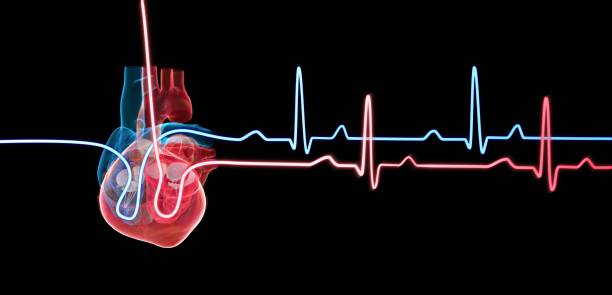Have you ever wondered what is Grinch Syndrome? And what are it’s symptoms? If you’ve ever seen the beloved holiday film “How the Grinch Stole Christmas,” you are probably aware of the Grinch’s minuscule heart and contempt for the spirit of Christmas. However, did you know that “Grinch Syndrome” is a real-life illness? In contrast to its made-up counterpart, this medical phenomenon has important consequences.
What is Grinch Syndrome?
What exactly is Grinch Syndrome then? Known medically as “stress-induced cardiomyopathy” or “takotsubo cardiomyopathy,” this disorder is characterized by a deformation of the heart’s main pumping chamber, which is frequently brought on by extreme physical or emotional stress. Due to the symptoms’ resemblance to the Grinch’s persona—most notably, an unsatisfactory heart—the term “Grinch Syndrome” gained popularity.
Symptoms of Grinch Syndrome

Since the signs of Grinch Syndrome can resemble those of a heart attack, it’s critical to get help if you encounter any of the following symptoms:
- Chest pain: A typical symptom that’s frequently misinterpreted for a heart attack.
- Shortness of breath: Breathing difficulties, even when at rest.
- Irregular heartbeat: Arrhythmias or palpitations.
- Fatigue: Feeling abnormally weak or exhausted.
- Fainting: In severe situations, unconsciousness.
Causes and Triggers
What leads to Grinch Syndrome? Usually, significant mental or physical stress is what sets it off. Typical catalysts consist of:
- Emotional distress: Bereavement, separation, or extreme dread
- Physical stress: Surgery, a serious illness, or a substantial physical workload.
- Neurological conditions: like seizures or brain attacks.

Although the precise process is unknown, stress hormones are thought to be important and have an impact on the heart’s capacity to pump blood effectively.
Diagnosis and Treatment
Medical professionals use a mix of the patient’s medical history, physical examination, and diagnostic tests like the following to determine what Grinch Syndrome is and how it’s diagnosed.
- Electrocardiogram (ECG): To measure electrical activity in the heart.
- Echocardiogram: To view the anatomy and physiology of the heart.
- Blood tests: To search for indicators of cardiac injury.

The goals of treatment are to control symptoms and avoid complications:
- Medications: To improve heart function, take diuretics, ACE inhibitors, or beta-blockers.
- Stress management: Methods for lowering emotional stress, such as counseling, meditation, and relaxation techniques.
- Lifestyle changes: Heart-healthy diet, consistent exercise, and moderation in stress.
Prognosis
The good news about Grinch syndrome is that most people who receive the right care recover completely and it is frequently only transitory. Nonetheless, it’s crucial to see a doctor again to be sure there are no lingering underlying cardiac problems.
Even while it may seem silly to ask, “What is Grinch Syndrome?” it’s a serious ailment that needs to be addressed. Identification of the symptoms and comprehension of the triggers can result in prompt diagnosis and efficient treatment. Get medical help right away if you or someone you know exhibits Grinch Syndrome-like symptoms.
Recall that you may take action to maintain a joyful and healthy heart, unlike the Grinch.
Visit STATESIDESTORY.CO.IN for additional health advice and details on cardiac issues. Remain educated and in good health!

